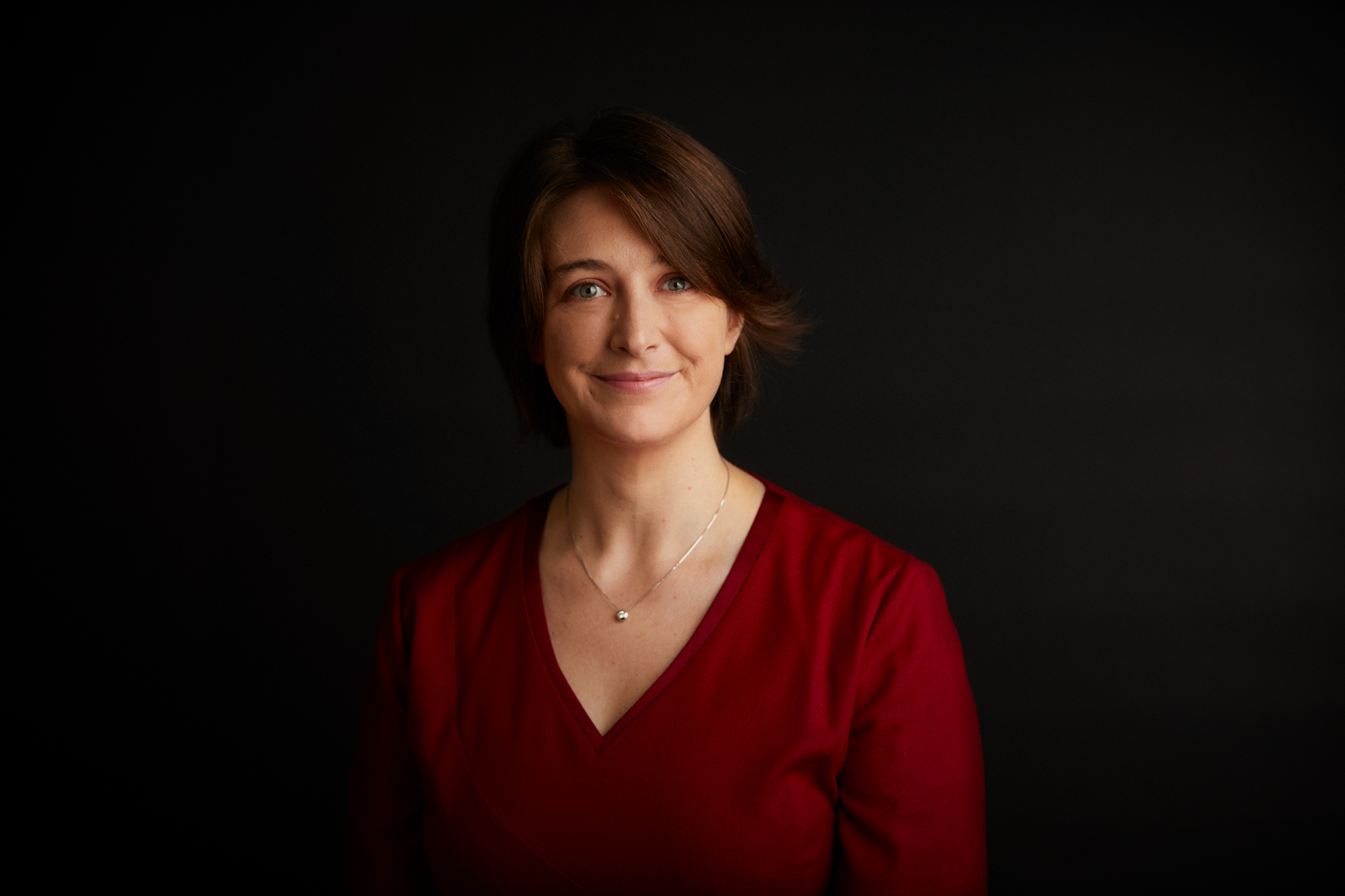Valentina Tartari
Research leader

Project title
The Effects of Research Funding on the Rate and Direction of Science
What is your project about?
Scientific research requires funding. Tighter fiscal austerity and a declining allocation for government funding for science, coupled with the increasing cost of conducting research, means that scientists need to find alternative funding sources for their work. At the same time, charities and international funding agencies are becoming more prominent in the funding landscape. The prevailing policy rhetoric that “all money is green” fails to acknowledge the complex choices researchers need to make when deciding what research to conduct and how, and how those decisions will impact the science that is conducted and even how it will be translated into technological innovations and ultimately progress. The aim of this project is to investigate how funding characteristics and outcomes impact researchers’ activities and careers.
How did you become interested in your particular field of research?
Since writing my master thesis in economics, I have been studying universities and the researchers that work in them. In recent years, I have become increasingly interested in the role of institutions in the organization of scientific work. One of these key institutions is the grant system. From the patronage allowing Galileo's astronomical observations to the early governmental grants sponsoring Babbage's difference engine, to the investigator-initiated, peer-reviewed scientific grants that emerged shortly after WWII, and the recent shift towards “mission-oriented” research, the system of science funding is continuously evolving. I find the question of how this constant evolution affects scientific production particularly fascinating.
What are the scientific challenges and perspectives in your project?
Despite the crucial role funding plays in the production of science, literature in this area is only starting to address questions regarding the increasing variety of funding mechanisms and outcomes for individual scientists and, more generally, the rate and direction of scientific research. Scientific funding represents a multifaceted system in which a variety of actors operates, and studying it requires taking into account the complexity of the multilevel and dynamic relationships at play. This means that in order to achieve my goals, this project will include a large-scale and intensive data collection effort of funding, career, and scientific productivity data at multiple points in time using a wide range of data collection methods.
What is your estimate of the impact, which your project may have to society in the long term?
All stakeholders with an interest in the management, conduct, and direction of science should be interested in understanding the effects of different funding arrangements on research content. For example, one part of the project will investigate the effect of funding rejections of researchers’ behaviors. With some public funding schemes already providing funding to fewer than 10% of applicants, an increasing number of researchers will experience rejection following their request for funding. From previous work, we know that different groups may react differently to rejection. Analyzing what happens after rejections to the career trajectories of those groups is crucial to understand how the funding system may be responsible for exacerbating or reducing inequalities in science. Only by understanding the precise mechanisms behind the problems we experience in science, we will be able to design effective policies to address them.
Which impact do you expect the Sapere Aude programme will have on your career as a researcher?
This Sapere Aude grant is an important stepping-stone to fulfil my ambition of creating, growing and sustaining a research group devoted to the study of scientific knowledge creation and to make it a leading hub worldwide within the field of innovation studies.
Background and personal life
I was born in Italy and I got my PhD in the United Kingdom, but I have also studied and worked in many different European countries before moving to Denmark in 2012. I live in Copenhagen with my Italian husband and our trilingual 6-years-old daughter. In my spare time, I like to be creative, to learn about new technologies, and to travel to new places.
View all research leaders here
Research institution
Copenhagen Business School
Research field
Innovation studies
City of your current residence
Copenhagen
High school
Liceo Scientifico Leonardo da Vinci Treviso (Italy)
